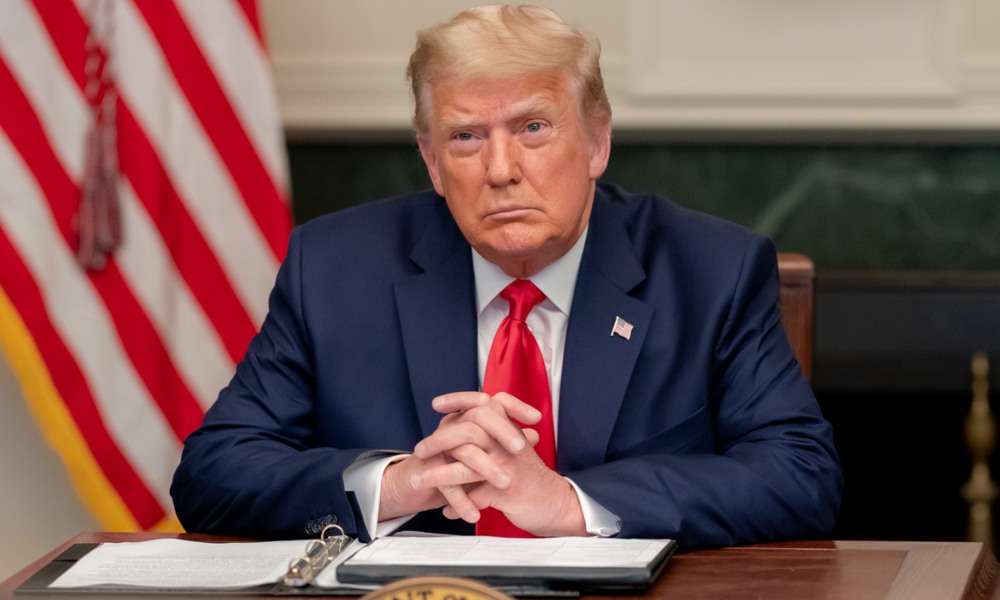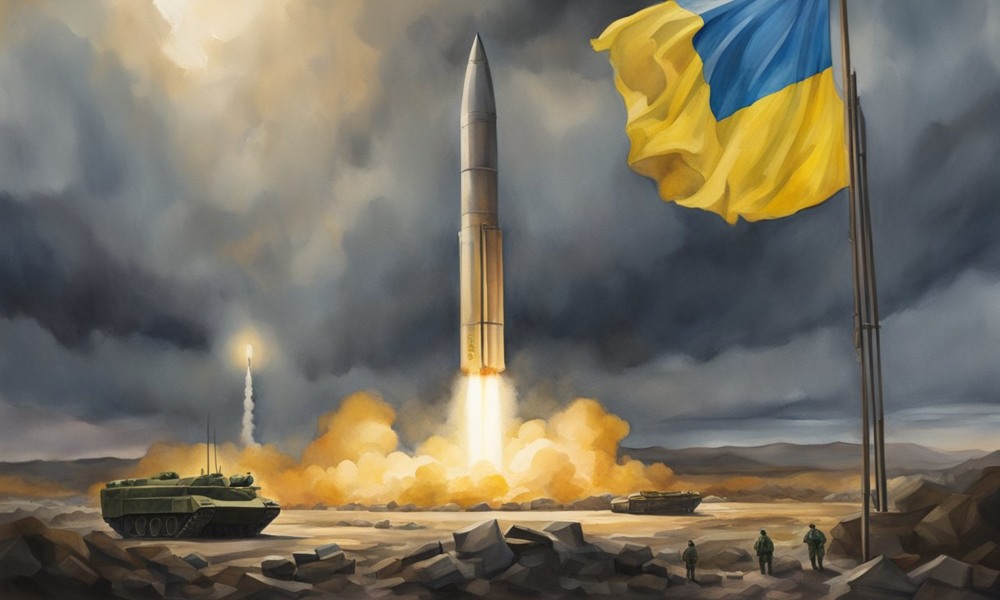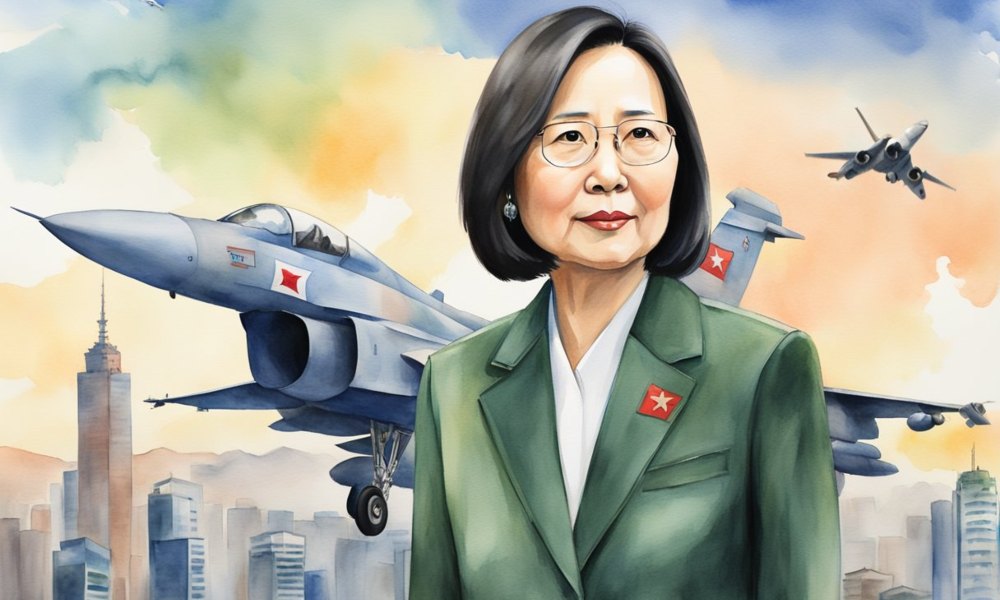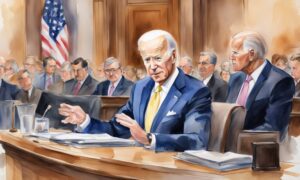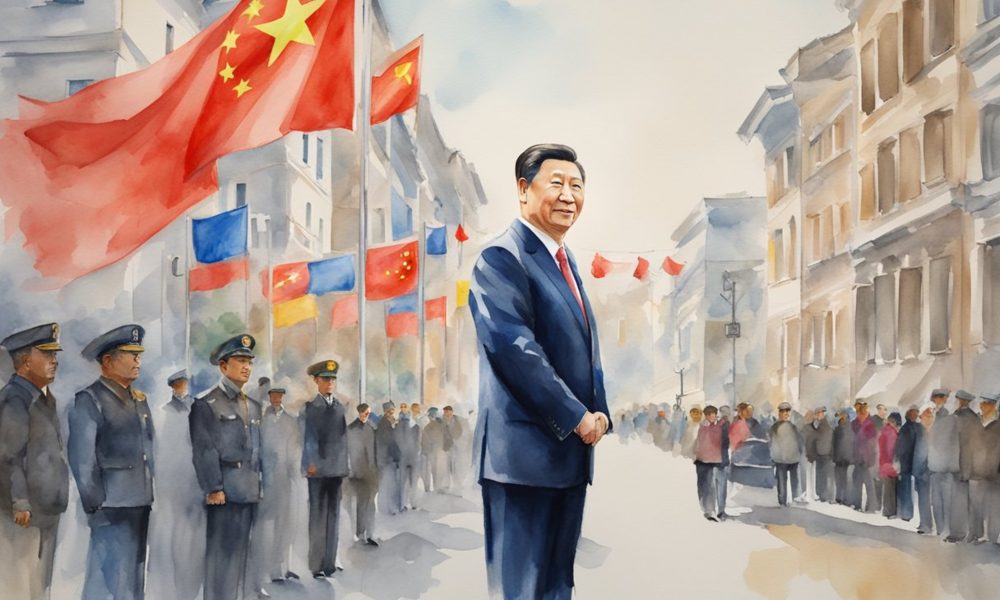Taiwan’s President Tsai Ing-wen recently discussed her legacy as the island’s first female leader and addressed rising tensions with China. Here are the key points:
- Taiwan is a democracy of 23 million people claimed by China
- Under Tsai, Taiwan has moved closer to the U.S. and Japan
- She has built up Taiwan’s military defenses against China
- Tsai rejects China’s claims over Taiwan’s sovereignty
How will Tsai’s presidency be remembered when she leaves office soon?
Strengthening Taiwan’s Military
During her two terms, President Tsai made strengthening Taiwan’s military a top priority. She nearly doubled defense spending to counter the threat from China’s powerful forces.
- Taiwan bought new fighter jets and developed submarines
- Military service was increased from 4 months to 1 year
- New special forces training bases were opened
Tsai said building up Taiwan’s military was crucial:
“The cost of taking over Taiwan is going to be enormous. Chinese leadership has to calculate if they are prepared to pay that cost.”
Breaking from Past Approach
Tsai took a very different approach from her predecessor, who tried negotiating closer economic ties with China. Instead, she moved Taiwan closer to allies like the U.S. and Japan.
Her critics argue this military-focused strategy is naive, since Taiwan’s forces are still vastly outnumbered by China’s military. However, Tsai believes collective deterrence with allies can counter the threat.
U.S. Support for Taiwan
Crucial to Tsai’s deterrence approach is support from the United States. President Biden has repeatedly stated the U.S. would militarily defend Taiwan if China attacked, breaking from past ambiguity.
Tsai welcomed Biden’s clarity but believes some strategic ambiguity remains. She emphasized the U.S. support bolsters deterrence against an invasion by raising the potential costs for China.
Social Reforms and Legacy
Beyond military issues, Tsai pushed through major social reforms during her tenure. Taiwan became the first place in Asia to legalize same-sex marriage in 2019 over some opposition.
She also appointed the region’s first transgender cabinet minister as part of her efforts to promote progressive values. Tsai hopes this legacy of social change will endure after she leaves office.
Conclusion
As Taiwan’s first female president, Tsai worked to strengthen the island’s military defenses and move away from appeasing China’s claims over its sovereignty.
Her successor has pledged to continue this approach of upholding Taiwan’s self-governance and democracy. Yet tensions with the vastly more powerful China remain. Only time will tell if Tsai’s policies safeguarded Taiwan’s future as she hoped.


